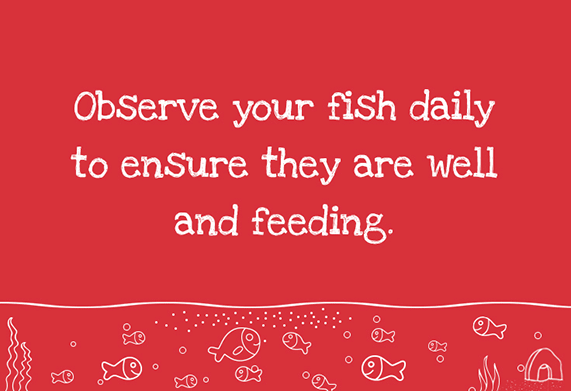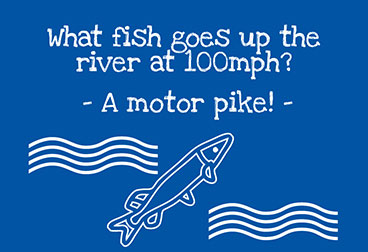Internal bacterial infections
The bacteria and fungus that cause fish diseases are always present in aquariums (although specific species may be introduced with new fish) but will rarely cause a problem if you have good water quality and healthy fish.
Avoiding stress and keeping healthy water conditions are key to avoiding fish disease. Regularly test your water for abnormalities in ammonia, nitrate, nitrite, pH – and correct any problems, if necessary.
Poor aquarium hygiene and poor water quality are the key factors in most disease outbreak.
Symptoms of internal infections can also be a sign of viral infection, however, you cannot treat viral infections but can only support the fish by supplying optimum water quality, aeration and Aquilibrium First Aid Salt to allow their immune systems to combat the virus.
Swollen, bulging eyes are usually a sign of an internal bacterial infection that is often referred to as ‘pop-eye’.
Usually isolated to individual fish, this illness can be accompanied by ‘Dropsy’ symptoms but should be treated with Anti Internal Bacteria and monitored closely.
Be vigilant with all your regular water quality maintenance.
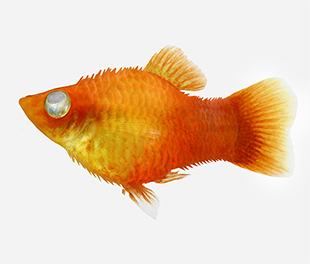
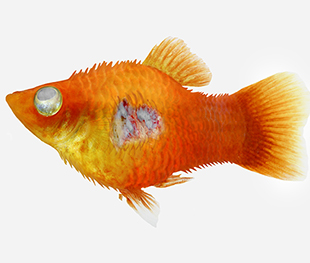
Symptoms of dropsy or ‘bloat’ include a swollen fish that looks slightly spikey as it’s scales protrude from its body, a bit like a pineapple.
Affected fish may stop eating and turn a slightly darker colour than normal. These outward symptoms are the result of internal fluid build-up due to various internal ailments, often quite serious.
Treat these symptoms with Anti Internal Bacteria as soon as possible for the best chance of recovery and maintain good water conditions.
Obvious signs of this disease are rapid gill movement, swollen gills, discolouration and mucus in and around the gills.
As with a lot of fish problems, this is commonly caused by infrequent partial water changes or water changes with chlorinated tap water that hasn’t been treated with a dechlorinator such as Bioactive Tapsafe.
Fish gills are very delicate and chemicals or poor water quality will damage the surface leaving them open to infection. Treat the condition with Anti Internal Bacteria and ensure you carry out correct water maintenance.
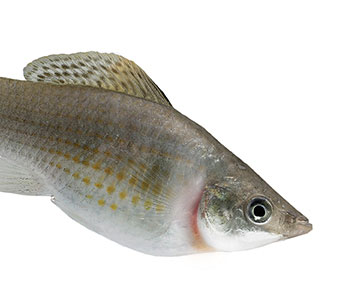
Double check the fish is not suffering from a gill parasite (see Understanding Parasites).
.
How can you help speed up your fish’s recovery?
Using Aquilibrium First Aid Salt with the treatment will help your fish recover, it works as a supportive tonic, making the natural processes fish use to stay alive far easier to manage.
Key areas to consider and regularly monitor to prevent outbreaks and aid recovery:
- complete regular aquarium care maintenance
- regularly test water for abnormalities
- consider a quarantine before introducing new fish to an established tank
- use Disease Away as a preventative treatment – especially when adding new fish

